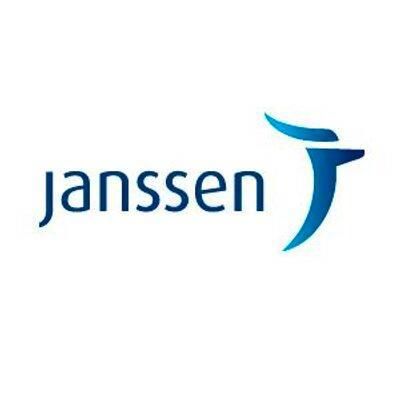Article
Janssen, Bristol-Myers Squibb to Collaborate on Investigatory Anticoagulant
Author(s):
The therapy, FX1a inhibitor BMS-986177, will advance to phase 2 clinical trials for wider indications.

Janssen Pharmaceuticals, the healthcare-based companies of Johnson & Johnson, has announced a new collaboration into cardiovascular disease care with Bristol-Myers Squibb Company.
The collaboration will center on the development and commercialization of Factor X1a (FX1a) inhibitors for the prevention and treatment of thrombotic conditions. Primarily, promising anticoagulant compound BMS-986177 will be advanced into phase 2 clinical trials for broad therapeutic indication consideration under the new partnership.
Investigatory FX1a inhibitor BMS-986177 is currently being considered for its potential to improve standard of care by reducing the risk of vascular events in patients with thrombotic disorders, while reporting decreases in adverse events such as risk of bleeding.
Its inhibition of the FX1a is crucial due to the enzyme’s role in activating and amplifying the coagulation cascade via the intrinsic pathway. Patients with hemophilia C often have little to no FX1a count, and therefore show almost no untoward bleeding outside of major procedures or in injuries.
FXa inhibitors are currently used by approximately 2.5 million US patients, however, another 117,000 patients are annually hospitalized for major bleeding due to the therapy. Its mortality rate is about 8% — and 25% for those who experience bleeding in the brain.
At the 67th American College of Cardiology Scientific Sessions in Orlando, Florida, Stuart Connolly, MD, a professor of medicine at McMaster University in Canada, presented a study in which an antidote to the class of inhibitors (andexanet) showed improved control of serious bleeding in patients being treated with FXa inhibitors.
Connolly noted that FXa inhibitors differ from other anticoagulants in that there is currently no approved reversal agent for them.
“Factor Xa inhibitors are already widely used because of their excellent efficacy and safety profile,” Connolly said. “However, some physicians and patients may choose to use other anticoagulant drugs because they have a reversal agent rather than using one of the Factor Xa inhibitors. Having a safe and effective reversal agent available will benefit patients with acute bleeding.”
Tom Lynch, MD, executive vice president and chief scientific officer of Bristol-Myers Squibb, said in a statement that the combined strength of the companies’ expertise into cardiovascular care will “maximize the potential of FX1a inhibition.”
“At Bristol-Myers Squibb, we are rooted in our commitment to patients with cardiovascular disease,” Lynch said. “We are proud to partner with Janssen on our shared vision for advancing cutting-edge science to develop potential new treatments such as BMS-986177 for serious cardiovascular disease.”
In their agreement, Janssen will pay the company an upfront sum, along with payments for development and regulatory milestones reached. In return, the companies will share development costs, as well as commercial profits and losses.


